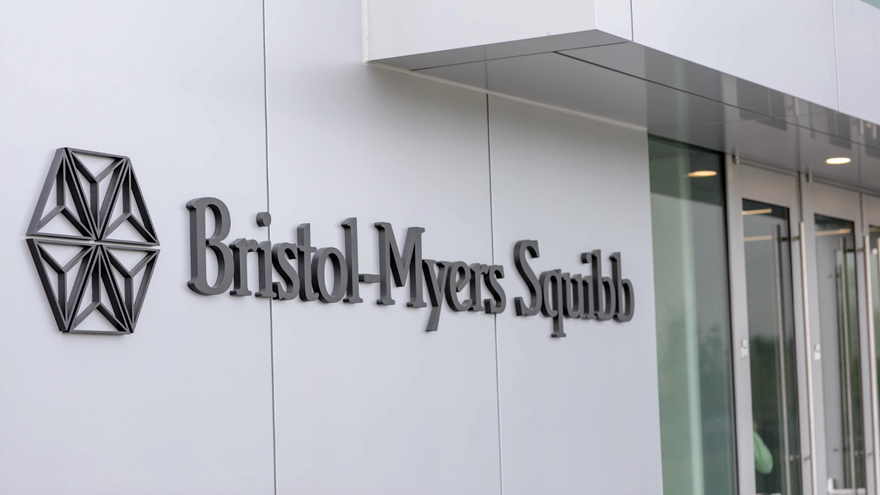BMS swoops on Forbius, snaring another immuno-oncology player

With the ink barely dry on a deal to develop Dragonfly’s lead cancer immunotherapy, Bristol-Myers Squibb’s business development team has agreed to buy Canadian biotech Forbius and its pipeline of drugs for cancer and fibrotic diseases.
Since its foundation in 2011, privately-held Forbius has been working on drugs that inhibit TGF beta 1 and 3, two targets thought to play a role in protecting cancers from attack by the immune system and the development of fibrosis (scarring).
The financial basis of the deal remains under wraps, but BMS said it includes an upfront fee and future milestone payments tied to the TGF programmes.
Forbius has also been working on some other targets, including an EGFR-targeting antibody-drug conjugate (ADC), but these will be spun into another company that will remain in the hands of its current shareholders.
Forbius’ most advanced drug candidate is AVID200, a TGF-beta 1 and 3 inhibitor that already has clinical data in hand in studies involving patients with systemic sclerosis, an autoimmune disorder, and advanced solid tumours.
Just last week, BMS paid $475 million upfront to license Dragonfly Therapeutics’ DF6002, a long-lasting fusion protein that looks like the “tail” (Fc) end of an IL-12 antibody. The rationale behind the drug is that it causes the area around a tumour to become inflammatory, stimulating an immune response against the cancer.
Forbius’ drugs are closer to BMS’ core checkpoint inhibitor approach to cancer immunotherapy with PD-1 inhibitor Opdivo (nivolumab) and CTLA4-targeting Yervoy (ipilimumab), which work by taking the brakes off immune responses to malignant cells.
TGF beta is a cytokine that is produced in large amounts in the vicinity of tumours and is thought to suppress T cell-mediated immunity, by inhibiting the proliferation of T cells and preventing them from being activated to attack the cancer.
It’s also viewed as a “master regulator” of fibrosis, which means AVID200 and related drugs could complement BMS’ in-house activities in this area, which include drug candidates like pegbelfermin for non-alcoholic steatohepatitis (NASH), HSP47 for hepatic fibrosis and a JNK inhibitor for NASH and idiopathic pulmonary fibrosis (IPF).
BMS seems to be interested mainly in AVID200’s potential in cancer, however, at least initially. Its head of research and early development, Rupert Vessey, said Forbius’ drug may enhance the activity of drugs like Opdivo and allow the company to “serve more patients with cancer, including those who may not respond to immunotherapy.”
BMS is still only a few months into its $74 billion mega-merger with Celgene, which closed last November, but the latest moves shows that it is still interested in bolt-on deals to flesh out its cancer pipeline even further.












